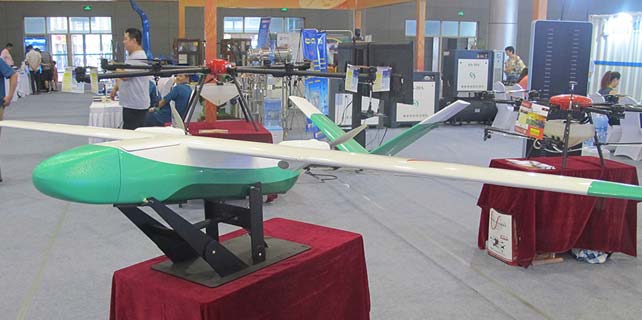

"It is still a difficult process for Chinese companies to set up globally recognizable brands. They need the support of both advanced management and technology, which we believe European countries such as Germany can provide."
Many Chinese companies are expanding into Europe to build globally recognizable brands because the European market has strict regulations especially for high-technology products.
Chinese medical equipment maker Mindray Medical International is one such company testing the waters.
"We are committed to international expansion, especially in the US and Europe. These two markets are like two fortresses we have to conquer to become a truly global leader," said David Yin, managing director of Mindray's European operations.
"In the process of selling our products to Europe and the US, we learn about their strict standards. These lessons have become invaluable for product development at home."
Yin said Mindray's success in Europe and the US has helped it gain trust from domestic and customers in other emerging economies which had often favored Western products in the past.
"Some Middle Eastern and Latin American markets only give medical equipment product registrations if they had already been sold in Europe or the US, which just demonstrates how important it is to have a presence in Europe and the US," Yin said.
Challenges ahead
As with any companies entering a foreign market, challenges are inevitable for Chinese companies.
Cucino said the survey respondents cited operational problems, rather than market access, as the biggest obstacle for Chinese investment in Europe.
Other big problems included obstacles in obtaining visas and work permits for Chinese employees, European labor laws, human resources costs and cultural differences in management style.
Many Chinese companies have found it difficult to employ Chinese workers at their UK subsidiaries because the British government often rejects their applications to sponsor work permits for employees who are non-EU nationals.
This is because the government limits the number of work permits granted to 20,700 a year. This quota is then allocated to each professional category.
If the number of applications for work permits made by companies in a particular professional category exceeds the category's quota, generally applicants with the highest salary will get the places, said Xue Haibin, a partner in the London office of Zhong Lun Law Firm.
Xue said that it has been very difficult for his company to secure work permits for employees because the salary it offers cannot compete with that of the biggest British law firms.
 CES Asia: Concept cars, futuristic vehicles and intelligent driving
CES Asia: Concept cars, futuristic vehicles and intelligent driving
 2017 CES Asia held in China's Shanghai
2017 CES Asia held in China's Shanghai
 People interact with intelligent robot 'Xiaogui' in E China
People interact with intelligent robot 'Xiaogui' in E China
 Mother of three children becomes a successful entrepreneur
Mother of three children becomes a successful entrepreneur
 WWDC 2017: A glimpse at June's biggest tech event
WWDC 2017: A glimpse at June's biggest tech event
 China-developed drones at Silk Road expo in Xi'an
China-developed drones at Silk Road expo in Xi'an
 Visitors drawn to auto show in Shenzhen
Visitors drawn to auto show in Shenzhen
 Garbage disposal in S China's Guangdong
Garbage disposal in S China's Guangdong